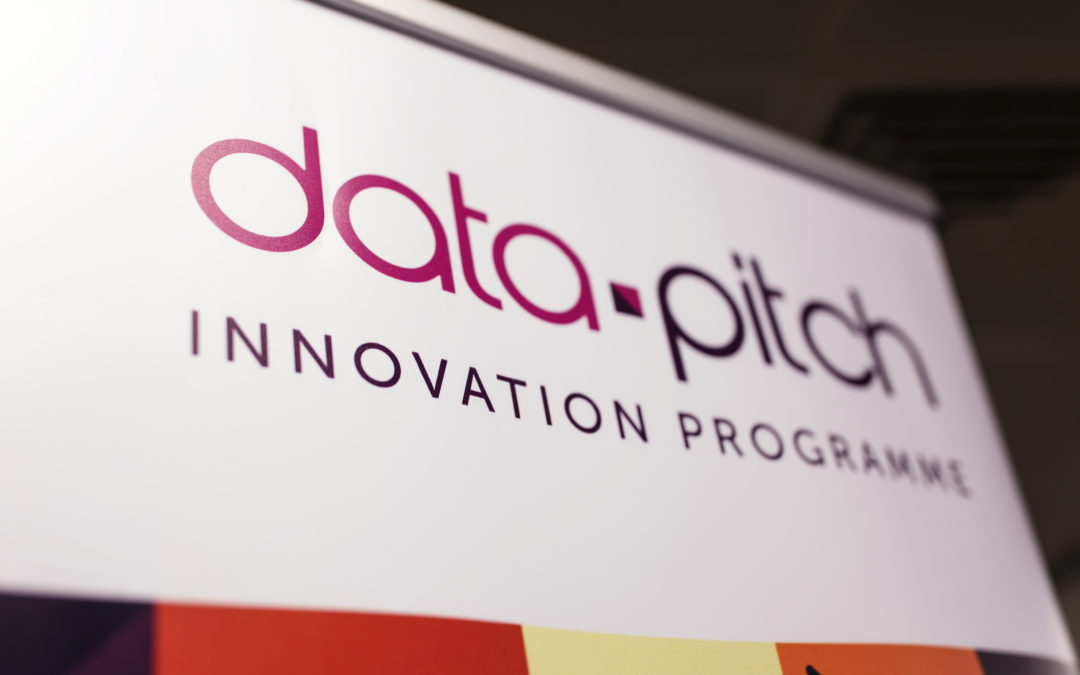Last month, Data Pitch ran a workshop on ‘Data sharing and data trusts’ at Data for Policy, a global forum focused on the potential impact of the digital revolution in the government sector.
In 2015, Deloitte estimated that removing obstacles to data mobility would add an estimated 4% to the EU GDP by 2020, increasing the value of the European data economy to €739 billion. Stimulating growth, and the emergence of new Internet of Things (IoT)-enabled opportunities, are just two of the drivers behind data sharing. But to realise the potential benefits, there are several challenges to overcome, which include matching supply and demand, and, crucially, how to establish trust when sharing data.
During the workshop, Johanna Walker, Senior Research Assistant at the University of Southampton, highlighted how Data Pitch has approached some of these challenges, using the case study of Greiner Packaging International GmbH (GPI).
Funded by H2020, Data Pitch is a virtual startup accelerator designed to showcase the benefits of data-driven innovation. It brings together established organisations with large amounts of data with cutting edge startups and SMEs to tackle challenges through shared data. The Data Pitch team worked with GPI to design the Smart Manufacturing Challenge that aligned with their business strategy, and to review the legal aspects of the data.
GPI has provided sensor data from three of its manufacturing plants to develop solutions that meet the demands of the smart factories of the future. Importantly, as the company has established a position dedicated to advance data-driven innovation, it has the required capacity to commit to Data Pitch’s innovation process.
During the application stage of the programme, GPI identified five startups with the potential to increase its efficiency in manufacturing, logistics, supply chains and sales processes. The startups are:
- Idatase: reducing the risk of human error to ensure more IoT initiatives succeed
- Informed Actions: predicting future stock orders to optimise manufacturing schedules, saving time and money
- Mammoth Analytics: empowering non-technical users with the tools they need to easily analyse raw data and make better business decisions
- Obuu: a customisable solution for stock provisioning optimisation in aeronautics, infrastructure and railway maintenance organisations
- Renvis: a smart manufacturing solution that gathers real-time data, maps decision making and suggests actions
The five startups are currently taking part in the accelerator programme, and we will review and share the impact of their partnerships after the completion of the programme in September 2019.
This is just one example of how data sharing can support innovation. Further reading about approaches to data sharing and data trusts covered in the workshop can be found here.

